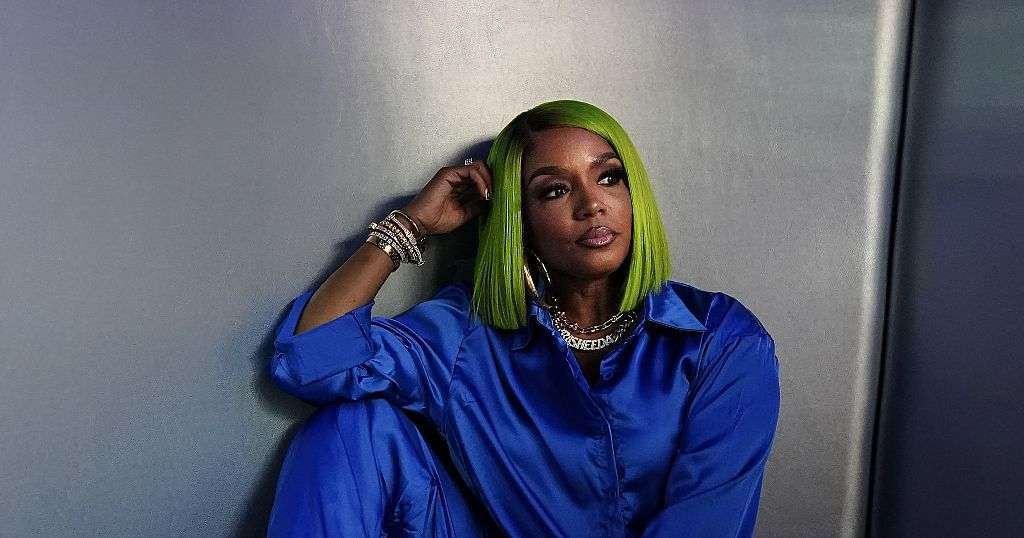Diaspora, Africa – (African Boulevard News) – Hip-hop, a genre that has transformed the music industry over the past five decades, is celebrating its 50th anniversary. As the culture evolves, it is crucial to recognize the significant contributions made by women in shaping the game. Female rappers are now taking their moment to shine, but they still face longstanding challenges while demanding respect.
From the early pioneers like Roxanne Shanté and Salt-N-Pepa to the trailblazers such as Missy Elliott and Lil’ Kim, women have played a pivotal role in hip-hop’s history. These artists broke barriers, defied expectations, and paved the way for future generations. Today, we see a new wave of female rappers making their mark on the industry, leaving an indelible impact.
The journey for female artists in hip-hop has not been an easy one. They have had to fight against sexism, misogyny, and a male-dominated industry. Despite these challenges, women have continued to rise, proving that their voices and stories are just as important as their male counterparts.
Industry expert and music critic, Dr. Angela Brown, highlights the significance of women in hip-hop, saying, “Women have always been here, contributing to the culture, but their stories have often been overlooked or dismissed. It’s time to acknowledge their impact and give them the recognition they deserve.”
One of the key challenges faced by women in hip-hop is the objectification and sexualization of their image. While male rappers are celebrated for their lyrical skills, female artists often face scrutiny focused on their appearance and sexuality. This double standard has created a hostile environment for women in the industry.
In recent years, there has been a push for change. Female artists such as Cardi B, Megan Thee Stallion, and Lizzo have been at the forefront of a new era, where women embrace their sexuality on their own terms, empowering themselves and challenging societal norms.
The rise of social media platforms has also provided a platform for women in hip-hop to amplify their voices, share their stories, and connect with their audience directly. Artists like Noname, Rapsody, and Tierra Whack have gained significant recognition through their online presence, proving that talent and authenticity can transcend the traditional gatekeepers of the industry.
As hip-hop celebrates its 50th anniversary, it is essential to acknowledge the contributions of women in shaping the genre. Female rappers have overcome immense obstacles and continue to redefine the game on their own terms. While there is still work to be done in achieving gender equality in hip-hop, the future looks promising as more women rise to prominence and demand their rightful place in the culture.
In the words of Grammy-winning artist and activist, Lizzo, “We belong in this game and we’re here to stay. It’s our time to shine, and we won’t be silenced.”

